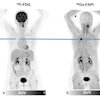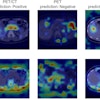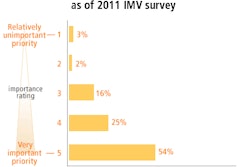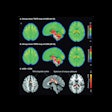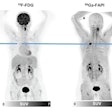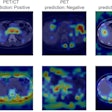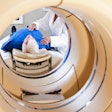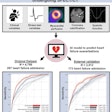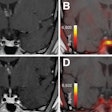Scottish researchers are using PET imaging to analyze heart valves and discover which patients may need open heart surgery or other appropriate treatment, according to a study in the journal Circulation.
PET detects inflammation, possibly related to fatty deposits, which can signal the very early stages of aortic stenosis, or narrowing or hardening of the heart's aortic valve. The study, funded by the British Heart Foundation, found that PET provided greater insight than ultrasound into the process that causes aortic stenosis.
Currently, the only treatment for aortic stenosis is heart surgery, which may not be the best solution for many patients over the age of 65, said lead study author Dr. Marc Dweck from the University of Edinburgh's Clinical Research Imaging Centre.
The PET scans can help physicians better understand what is happening to the heart valves and potentially help them develop treatment to halt the processes causing the narrowing, Dweck added. The modality also may predict which patients are likely to need an operation, and when the condition might occur.


